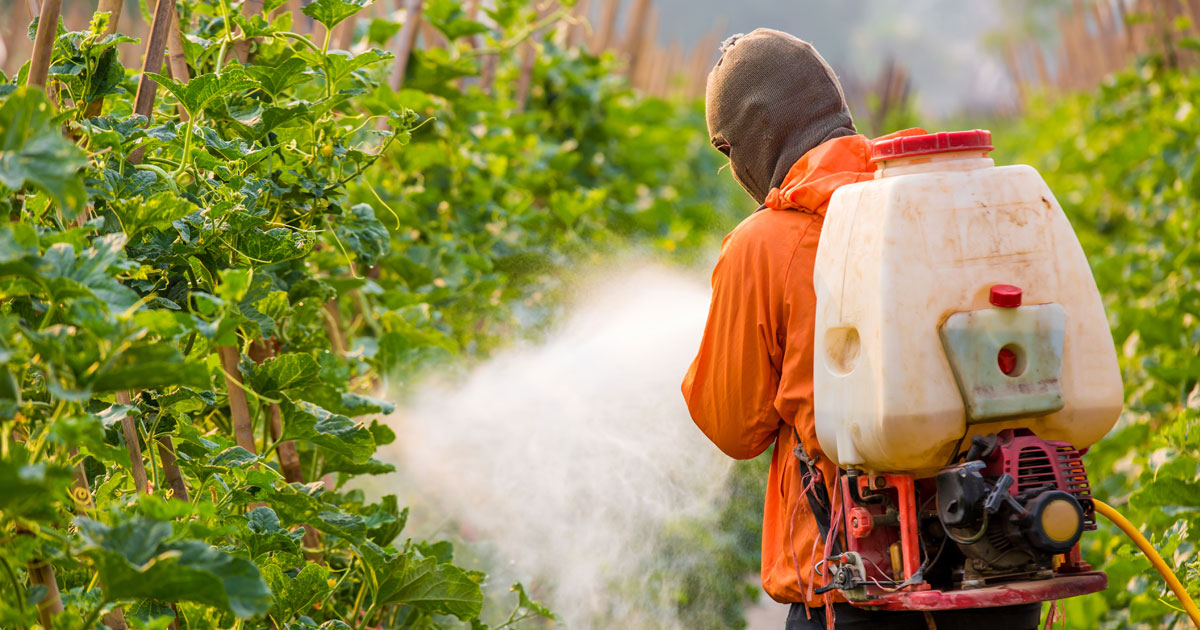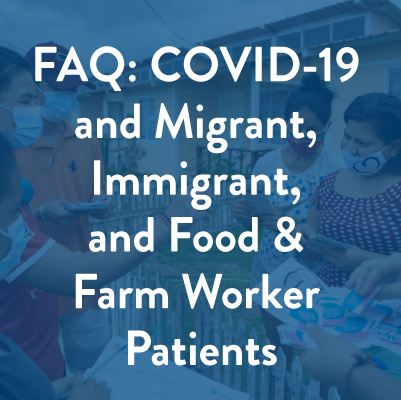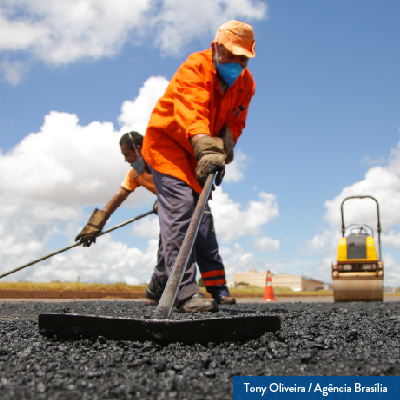- Who We Are
- Clinician Employment
- Publications
- Witness to Witness (W2W)
- Kugel & Zuroweste Health Justice Award
- Your Voice Matters: Photovoice Project
Thu, 09/21/2017 | by Claire Hutkins Seda


Pop quiz: Before Migrant Clinicians Network trainings, what percentage of surveyed primary care clinicians knew if reporting pesticide exposures in their state was required? Read on to find the answer -- and how MCN is changing the world of primary care through the incorporation of effective and efficient trainings and technical assistance around pesticide poisoning recognition, management, treatment, and reporting.
This month, Migrant Clinicians Network’s hardworking Environmental and Occupational Health (EOH) team completed a 210-page report detailing our longstanding project, From the Fields to the Exam Room: Integrating the Recognition, Management and Prevention of Pesticide Poisonings into the Primary Care Setting. This substantial work is the culmination of seven years on this project, which is supported by the US Environmental Protection Agency’s Office of Pesticide Programs, and demonstrates the impact we’ve made at health centers across the country, the strong momentum the project has birthed, and the clear need for more work to be done.
“This project was overwhelmingly supported by clinicians throughout the country as they recognized their training deficits in this area and the need to better serve their patients, particularly farmworkers and their families,” said Amy K. Liebman, MPA, MCN’s Director of Environmental and Occupational Health and director of the project.
“This project was a labor of love that embodies MCN’s mission by equipping clinicians through training and resources to address an important health risk faced by their patients.”
Primary care clinicians are often unprepared to address many of the work-related health issues their patients face. Thirty-seven percent of clinicians surveyed at MCN partner health centers had received only two hours of environmental and occupational health education in their medical or nursing training, before MCN’s training. “The recognition and management of pesticide exposure is traditionally not taught in outpatient primary care residency training programs,” says MCN’s Co-Chief Medical Officer, Laszlo Madaras, MD, MPH. “MCN’s program fills an important gap for those of us on the frontlines, especially for clinicians in rural areas who care for farmers, farmworkers, and their families.”
Some of the program’s milestones include the establishment of 10 EOH Centers of Excellence to improve the recognition and management of pesticide exposure at health centers around the US and Puerto Rico; 24 on-site and virtual clinical trainings for each center with expert Occupational and Environmental Medicine faculty; the development and provision of clinical resources on pesticide poisoning recognition, management, and prevention; and careful work with each center to integrate clinical system changes tailored to the needs of the centers and effective in bettering identification, care, and reporting of patients with pesticide exposure. MCN’s trainings were very highly rated by the participating clinicians, who gave the overall training satisfaction score 9.23 out of 10.
Some other astounding facts and figures on the project:
- 4,023 encounters and 7,673.89 hours of training and technical assistance.
- 96,779 clinical resources distributed.
- 595,899 pesticide comic books distributed.
- 92,018 unique hits to and downloads from MCN's pesticide and EOH web pages.
- 3,944 clinicians and stakeholders trained at national and regional conferences and onsite and virtual trainings and 931 CEUs directly distributed by MCN.
And now the answer to the pop quiz: Over 56 percent of clinicians surveyed before our project trainings reported that they were not aware of the pesticide reporting requirements in their state. Immediately following MCN’s training, 100 percent of participants were aware of the pesticide reporting requirements in their state. (You, too, can determine your state’s pesticide reporting requirements on the Pesticide Reporting Map.) Even with MCN’s training rate -- which averaged out to 1.5 clinicians trained per day over the seven year period -- thousands of clinicians across the US remain unaware of the basics of pesticide poisoning recognition, management, treatment, and reporting.
“While the project was extremely successful in reaching clinicians and helping them improve the care they provide to their patients, particularly for farmworkers and their families, the need for training remains,” Liebman said. “Farmworkers are the most overexposed population to pesticides. They rely on clinicians to recognize and manage poisonings. We at MCN look forward to continuing our efforts to educate clinicians about this important topic.”
Like what you see? Amplify our collective voice with a contribution.
Got some good news to share? Send it to us via email, on Facebook, or on Twitter.
Return to the main blog page or sign up for blog updates here.







